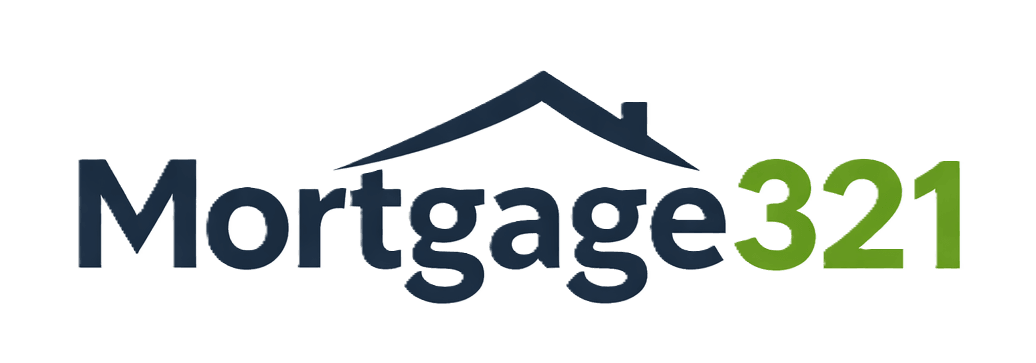Top Reasons Mortgage Applications Get Declined and How to Avoid Them
MP
Mortgage applications can be a complex process, and getting declined is a significant setback for potential homeowners. Understanding the common reasons for a declined mortgage application can help you prepare better and increase your chances of success. At Mortgage321, we specialise in guiding clients through these challenges, especially in complex and self-employed mortgage situations.
1. Poor Credit History
A low credit score is one of the most common reasons for mortgage rejections. Lenders assess your creditworthiness based on your credit report, and any history of missed payments, defaults, or high debt levels can lead to a decline.
Tip: Regularly check your credit report, settle outstanding debts, and avoid taking on new debt before applying for a mortgage.

2. Insufficient Income or Unstable Employment
Lenders want to ensure that you have a steady and sufficient income to meet your mortgage payments. If your income is too low or your employment history is unstable, it might raise red flags.
Tip: Provide comprehensive documentation of your income, especially if you’re self-employed. Consistent earnings over a period and a stable employment record will strengthen your application.

3. High Debt-to-Income Ratio (DTI)
Your DTI ratio, which compares your monthly debt payments to your gross monthly income, is crucial for lenders. A high DTI ratio indicates that a significant portion of your income goes towards debt, which might make lenders hesitant.
Tip: Work on reducing your debts before applying for a mortgage. Consider paying off smaller loans or credit card balances to lower your DTI ratio.

4. Inadequate Deposit
Lenders usually require a minimum deposit payment, and falling short of this can lead to a decline. A larger deposit payment can also reduce your loan-to-value ratio, making your application more attractive to lenders.
Tip: Save diligently or explore deposit payment assistance programs to ensure you meet or exceed the minimum requirement.

5. Property Issues
Sometimes, it’s not just your financial situation but the property itself that can lead to a decline. Issues such as an undervalued property, structural problems, or the property being in an undesirable location can all affect the lender’s decision.
Tip: Ensure a thorough inspection of the property before finalising your purchase. Work with a reputable estate agent who can help you choose a property that meets lending criteria.

6. Documentation Errors
Incomplete or incorrect documentation is a common reason for mortgage application rejections. Missing paperwork or discrepancies in the information provided can delay the process or result in a decline.
Tip: Double-check all documents before submission. Working with an experienced mortgage broker like Mortgage321 can help ensure all your paperwork is in order.

Conclusion
Being aware of these common pitfalls can help you avoid a declined mortgage application. At Mortgage321, we specialise in navigating the complexities of mortgage applications, particularly for self-employed and complex cases. Reach out to us today to discuss how we can help you secure the mortgage you need.
Ready to start your mortgage journey? Contact Mortgage321 on 01255 440142, by email or WhatsApp for personalised guidance and expert support every step of the way.
